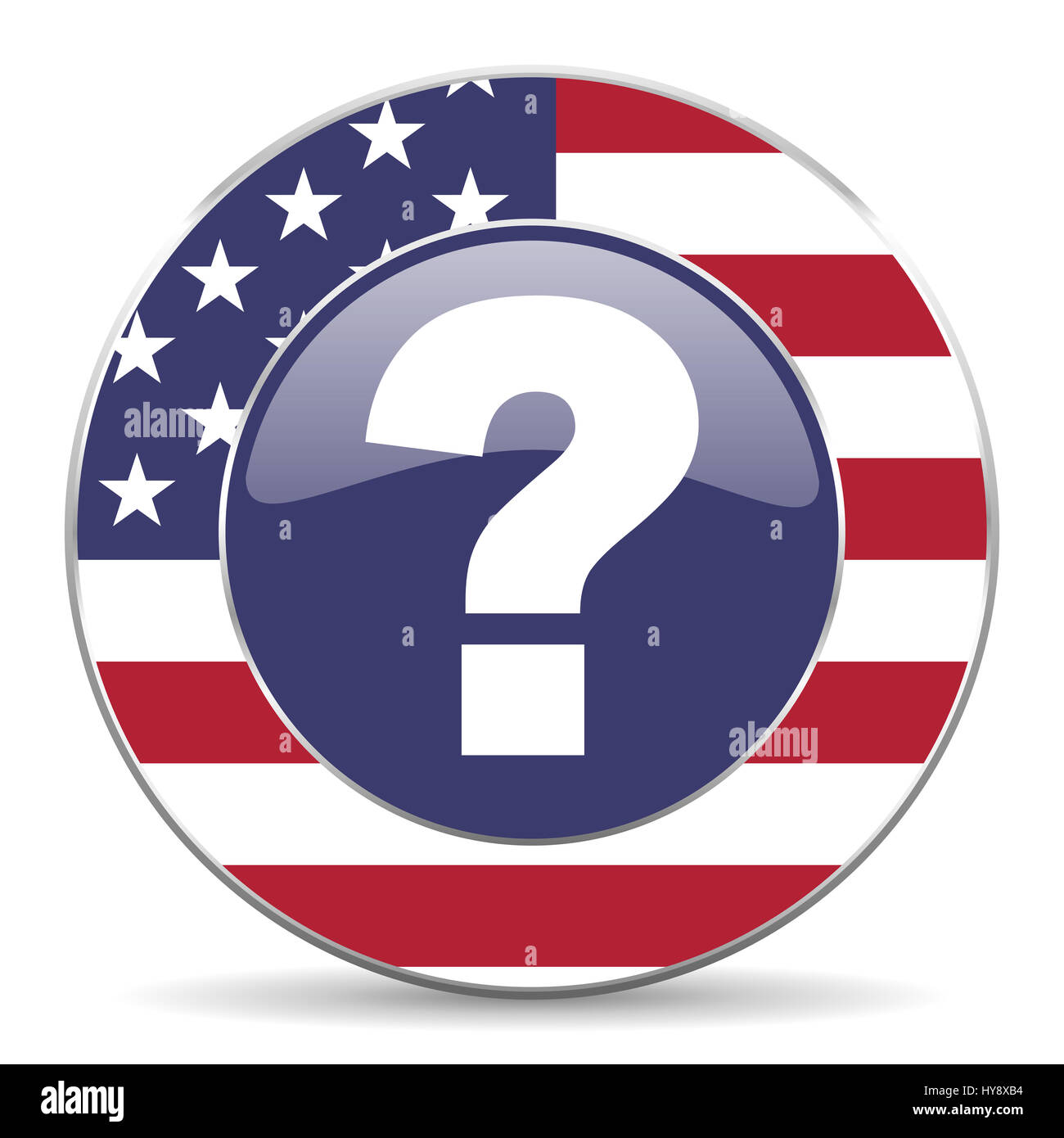Is it about time, or is it still useful? If you think its time has passed, what about the nickel/dime/quarter?
Sure. Fuck it. I wouldn’t waste any brain power on it when the *gestures wildly at everything* is still happening
deleted by creator
That doesn’t mean we need to mint more. Especially when it costs more than $0.01 to produce a penny.
You’re only pointing to why we don’t invalidate the coin.
You’re only pointing to why we don’t invalidate the coin.
Correct.
That doesn’t mean we need to mint more.
The question wasn’t if we should mint more. It was if we should do away with what we have.
Sure, but functionally stopping the production is the main benefit of the decision. It means banks can’t order more and the usage will naturally wane away.
I guess I’m saying there’s a middle ground that doesn’t require invalidating the currency
New Zealand abandoned the 1c and 2c coin
decades agoin 1990, and then the 5c coin too in 2006. Never been missed. Nothing changed.See https://en.m.wikipedia.org/wiki/New_Zealand_dollar
Prices are all still in 0.01 increments, and are Swedish rounded when paid for with cash (electronic payments are exact and never rounded).
Similar story in Norway, with 10 øre deprecated in early 90s; 50 øre in 2012. Prices are still 1 øre below a round number, even though the average Norwegian has never used coins of that denomination. (And lots of us haven’t really used cash for a couple of decades now.)
Canada got rid of pennjes like ten years ago. We barely noticed after the first few months.
Yes. I think that’s what the study explains in the last paragraph there. The customer is still likely to buy the item if it’s ending in $.95 vs $.99. However, as the price of the item goes up, that four cent difference is less important. In the decision making of the buyer, but also costs the company more per unit. It’s less important to the business/seller the more expensive it is. I think that’s part of the reason they called it a wash.
The prices on shelves don’t change when you drop the penny.
Final cost is just rounded to the nearest 5 cent at checkout if you pay in cash.
https://www.npr.org/sections/money/2020/07/14/890435359/is-it-time-to-kill-the-penny
By the 1990s, Kolbe says, he was introducing new legislation to kill the penny with every new session of Congress. But he kept facing resistance — for example, from the speaker of the House at the time, Dennis Hastert, who represented a district in Illinois, the home state of Abraham Lincoln. Lincoln, of course, is on the penny, and Kolbe says that proved to be a major roadblock. So were special interests such as zinc miners and the company that supplies the “penny blanks” used to mint the penny.
Penny defenders’ strongest argument was that eliminating it would hurt consumers. All those $9.99 products? The prices would be jacked up to an even $10! They called it the “rounding tax.” But Whaples, that penny-researching economist at Wake Forest University, conducted a study of convenience stores and found that the final digit of purchases, which usually involve multiple products and a sales tax, was pretty much random. “And so if you round it to the nearest nickel, the customer wouldn’t get gouged,” Whaples says. Sometimes you’d round up; other times you’d round down. In the end, it would basically be a wash.
The penny lobby: so many puns and dad jokes just waiting to be released, like in this centence
deleted by creator
Yeah. But the penny allows salespeople to provide a price that is enticing to the consumer because it’s basically taking advantage of the psychology of how we round things. So it’s good for businesses, and that’s exactly why it still exists.
I don’t follow. We have .99 prices in Canada. Debit and credit pays exact, and the change is just rounded.
The penny just fails as a currency. You can’t buy anything with it. When we had them ten years ago, I would just dump them into recycling bins if i wasn’t at home near the penny bucket.
With the 99 cent thing, if you sell a billion small items for $9.99 because our brains don’t equate $9.99 to $10.00, you’ve made $10 BN. If you sell 500 items for $799.99 instead of $800 you’ve made $399,995. So you take a more noticeable hit in sales if you don’t sell as many small items because they’re now a $1.00 and people don’t think they’re worth a $1.00, but people are more likely to still buy an item that was $799.99 for $800. So you’re less likely to lose sales.
In the US, that extra cent offsets tax which isn’t included in shelf price which is part of the problem. But our prices are also rounded I believe. You did used to be able to buy things with pennies and it’s still a legal currency. But it’s been a long time since I’ve seen penny candy or similar and I couldn’t tell you what they’re used for now except exact change in the event that the seller is using psychological tactics to sell you more things by tricking your brain into believing you’re paying less than you are.
In that case it would actually round down, so $9.99 would become $9.95.
First, no the shelf price is not altered.
Second the final price at the register is rounded to the closest 5 cent.
Some times you’ll go up, sometimes you’ll go down. It all breaks even in the end.
Consider the fact that Japan has a ¥1 coin. It is strangely light, and can actually float on water if you are careful enough with the surface tension.
The purpose of leaving that coin in circulation is pricing. ¥399 looks much better than ¥400.
At the moment, ¥1 is about 0.64¢.
The 1 yen should’ve been taken out of circulation even earlier than the penny. Right now it’s only worth about .65 of a US penny. Other countries have taken their 1 cent equivalent out of circulation and stores haven’t stopped doing the .99 ending in prices-- you just round at the register.
Several countries got rid of the penny already, we still have pricing listed to the 1 cent. If you pay cash it’s rounded to the nearest 5cent if you pay with card it’s not rounded at all.
Nothing changes you just don’t spend money minting coins that cost more than their value, and don’t have to wait behind someone digging through their wallet for those pennies that they “swear are in here somewhere”
I got to say I disagree about the pricing thing. I know every business uses this psychological exploit, but to any kind of budget conscious shopper, doing math with round numbers is so so so much better. Like if I’m looking at a case of oil for my car and six bottles is $40, it makes it way easier to figure out the price per liter instead of bullshit like $38.99
I’d argue it’s because of a hatred of anything that looks like price increases, especially among the older crowd. Japan is still very much cash-based, especially in those older generations. Then 1-yen coin being light and cheap probably helps, but I don’t know if it actually costs more to make.
That said, I’d be happy getting rid of the 1 and 5 yen coins, especially since machines do not tend to take them.
I say get rid of money completely. Everything should be free for everyone. Except for my neighbor, Ron. He’s still gotta pay.
Yes. Yes. No. Just penny needs to die.

I hope she doesn’t
Yes, and daylight savings time and the electoral college too please.
Lose 'em. Nickels too, gone. Honestly if we ditched dimes too I wouldn’t shed a tear. Quarters are cool though, they can stay.
Shift the decimal point two over so a penny is worth a dollar.
What will we do with all these ‘take a penny, leave a penny’ trays?
Replace them with “take a twenty, leave a twenty” tray.
deleted by creator
Only if they round down, and not up. I don’t want to pay an extra 4¢ in tax on everything.
In Canada it only rounds if you pay cash, credit/debit is still to the penny.
And with cash it rounds up if it’s $8.48 but it would round down if it were $8.47 so it generally averages out. Stores still have things listed for $9.99 rather than $10.00 though which is annoying.
Idk man. Richard Pryor’s half a penny scam from the old Superman III comes to mind. I’m sure the corporations will use it to figure out a way to make billions more dollars. Basically I don’t want anything to change anymore. I can’t think of the last positive change since the ACA. It seems like every change, even ones that seem positive, end up screwing us over.
The thing is, billionaires “win” no matter what we do (just look at the likes of Zuckerberg’s dead fish eyed stare: that’s “winning” folks, apparently! Makes me glad that I’m just a scumbag “loser” who can actually enjoy some aspects of life!?). So the rest of us might as well get something that we want out of it all as well?
Well, it would round on the total of the transaction and not the item.
Plus you can round both up and down and you will end up with a rough wash over time.
I don’t think anyone ever gets excited about finding anything less than a quarter. Hell, even today I don’t know if quarters are worthwhile. We should definitely get rid of everything besides quarters. I don’t think any machines even take anything other than quarters. Maybe some drink machines do, but that’s it. Like, two dimes and a nickel is objectively less useful than a quarter. And not just because of the mild inconvenience of carrying two additional coins lol.
I think there are enough places that use quarters that we shouldn’t get rid of them.
Quarters are useful if only to feed into pinball machines.
I think I remember hearing that the cost to make a penny is now more than one cent. Considering you can’t really do anything with them, I’d say it’s time to discontinue the penny at the very least.












